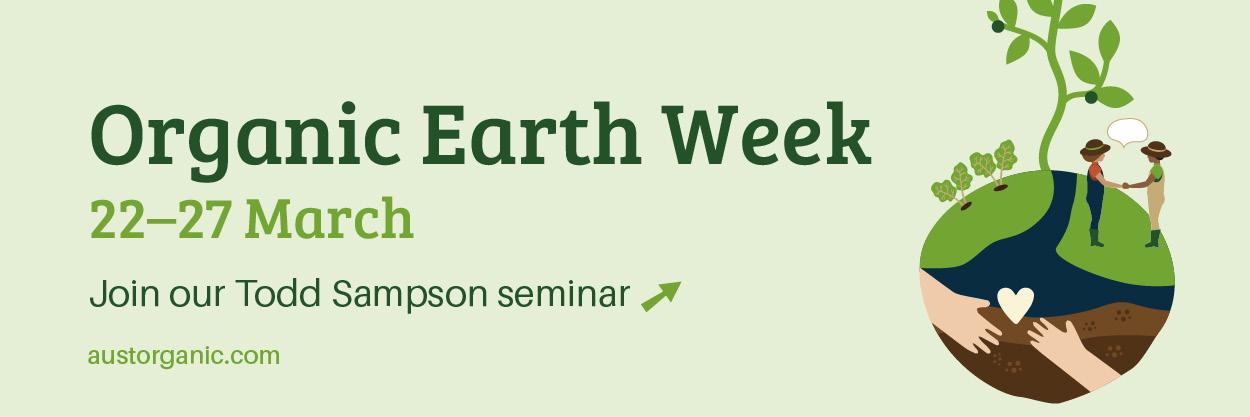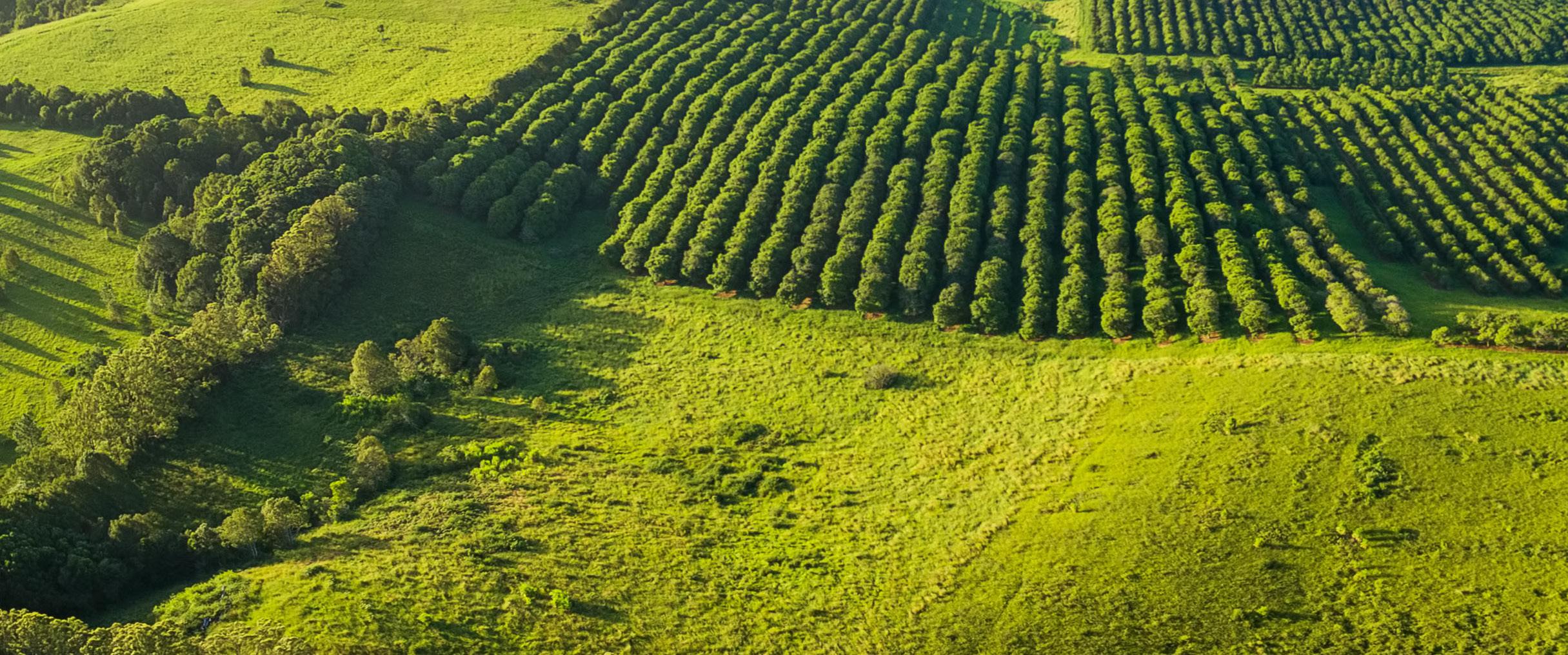
8 minute read
Creating Ongoing Positive Impacts Through Organic Farming
ONGOING POSITIVE IMPACTS THROUGH ORGANIC FARMING
BY MEGAN WOODWARD
Megan is a freelance writer & independent media consultant with nearly 20 years’ experience as a journalist & PR professional, passionate about rural & regional Australia.
Moving from conventional farming to organic farming isn’t always an easy road – but for those who have made the change, the blood, sweat and tears have returned rewards that go far beyond superior produce.
As Organic Earth Week approaches, we speak with growers and suppliers who are working to not only to produce quality products but create ongoing positive impacts to the environment they operate in.
Wayne Shields is the Owner/Director of Peninsula Fresh Organics based at Baxter on Victoria’s Mornington Peninsula.
His move into growing organically was born out of the destruction of a conventional vegetable crop, due to a major chemical issue with unexplained toxins in a batch of imported horticultural product.
“It was a pretty terrible time, but I wasn’t done with farming, so I took on three acres that my father had and started trialling organic growing,” Wayne said.
“I started servicing a few veggie boxes around the Peninsula and did some farmers markets with the excess stock and could really see the opportunity that was available as an organic farmer,” he said.
In 2010, Peninsula Fresh Organics become certified organic and over the past 11 years, have gone from the original three-acre block to nearly 170 acres of production across two sites – one at Baxter and one at Barham on the Murray River.
“We grow around 40 different lines of vegetables, most of which are quick crops,” Wayne explained. “The high turnover rate on our land means we’re actually cropping up to 700 acres across that 170 physical acres which is something we’re able to do only with great management and understanding the nuances of the two different farms,” he said.
“We actually worked both the paddocks in Baxter and Barham as conventional farms for a lot of years and you just can’t even begin to compare the differences since I converted to organics.
“Most impressive is the improvement to the soil. I don’t need to work the ground as much because the biology does a lot of the hard work for me and the land has just come alive.
“I can hoe a crop in the day after we’ve picked, the ground prepares itself – it’s pretty amazing. My favourite real-world example of the changes in the soil is how often I used to have to change my rotary hoe blades. The ground used to be so abrasive and totally void of organic matter that I was having to change my rotary hoe blades every 10 or 12 weeks on the sandy country – now I only change them once a year.”
Wayne said he’s also observed much better water retention in the soils since going organic, with a reduction in irrigation of nearly 50% compared to when he was farming conventionally.
He also abides by a strict, organic pest management regime that means he’s managing a much smaller number of pest incursions during any season.
“These are all incredible outcomes, and I’d never farm any differently now that I’ve seen the results, but it’s
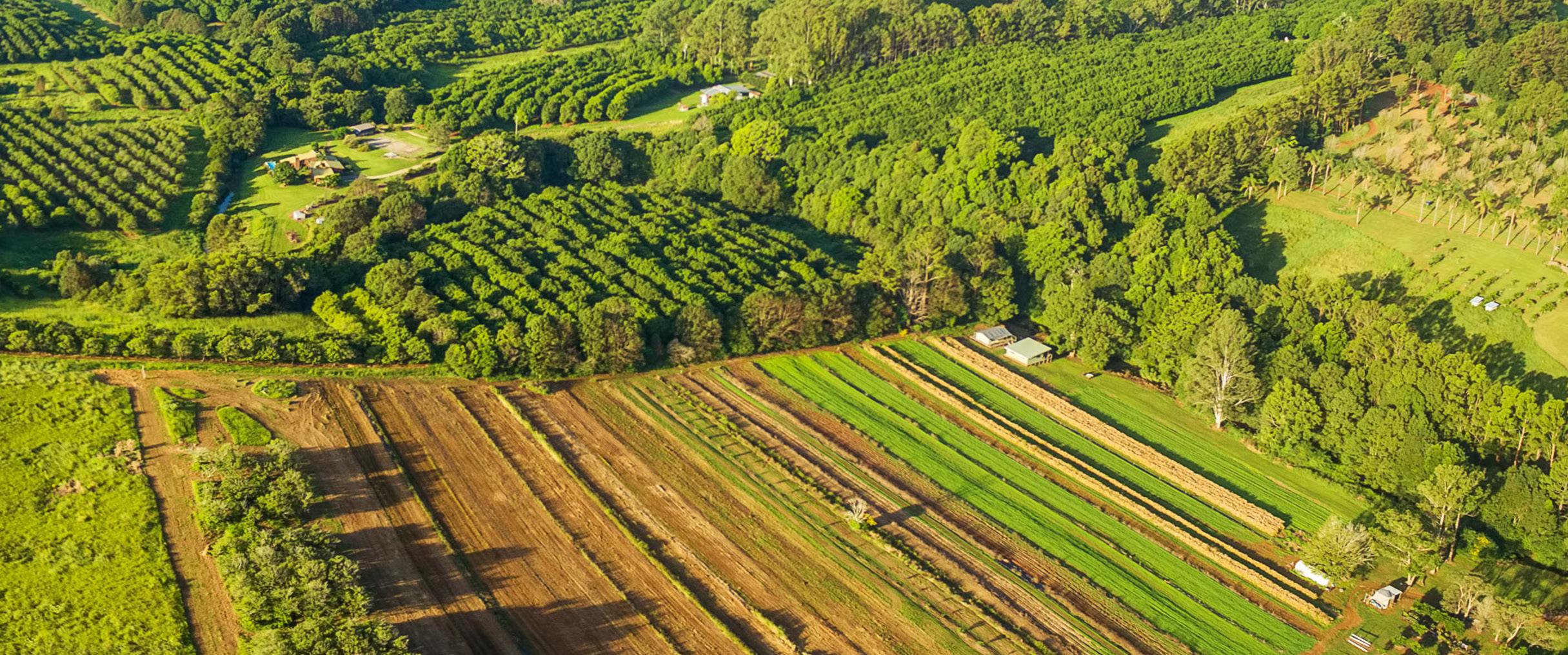
worth noting that you’ve got to play the long game with organics – it’s not all roses quickly,” Wayne said.
“Soil practice change takes time, and you have to unlearn a lot of things and sift through a lot of information, but I’d tell anyone considering the change to learn from their own experience and what’s going on in their own environment.”
And according to Wayne, that advice also applies to working consumers.
“You’ve got to work hard, and genuinely, in building your reputation. Organic farmers by nature start small and often stay small for quite a while as they build those relationships,” he said.
“The market is growing every day and more and more people are keen to eat organically but that also means there are lot more people engaged with the food systems which means you have to be genuine in what you’re claiming to produce – which isn’t a bad thing – but you definitely do have to answer for what and how you’re farming.
“Some new organic growers find that daunting initially because having that intimate interaction with the consumer isn’t part of life as a conventional farmer where you’re constantly being pressured to grow more for less.
“I farm differently on so many levels now because I’m so engaged with the end consumer of my product, and that makes farming a much more fulfilling career for me now than it was 20 years ago.”

For Vanya Cullen of Cullen Wines in Western Australia, making the switch to organic farming in 1998 has delivered fulfilment also – as well as surprises.
“We had always attempted to have minimal chemical input in the vineyard so when we decided to start moving into organic production, we really didn’t expect significant changes,” Vanya said.
Cullen Wines – which celebrates 50 years of winemaking this year – became Australian Certified Organic in 2003 in the vineyards, was biodynamic by 2005 and the completely certified in the winery in 2008.
“Essentially we just wanted to do the right thing by the environment we were growing in and eliminate our use of toxic chemicals, but it really has ended up being a journey of surprises.”
“Because our soils are balanced and healthy, our vines and fruit are balanced and healthy which makes for incredible wine,” Vanya said.
“We pride our business on producing quality wine, but it’s been an interesting ride within the wine industry. Initially, we weren’t taken seriously as winemakers and our customers were finding us because they appreciated the fact that we were organic, sustainable, and biodynamic. “Now though, we’re recognised as quality winemakers by the mainstream, and our recognition by James Halliday was a major tipping point.”
In 2019 Vanya Cullen was named Winemaker of the Year at the 2020 Halliday Wine Companion Awards.
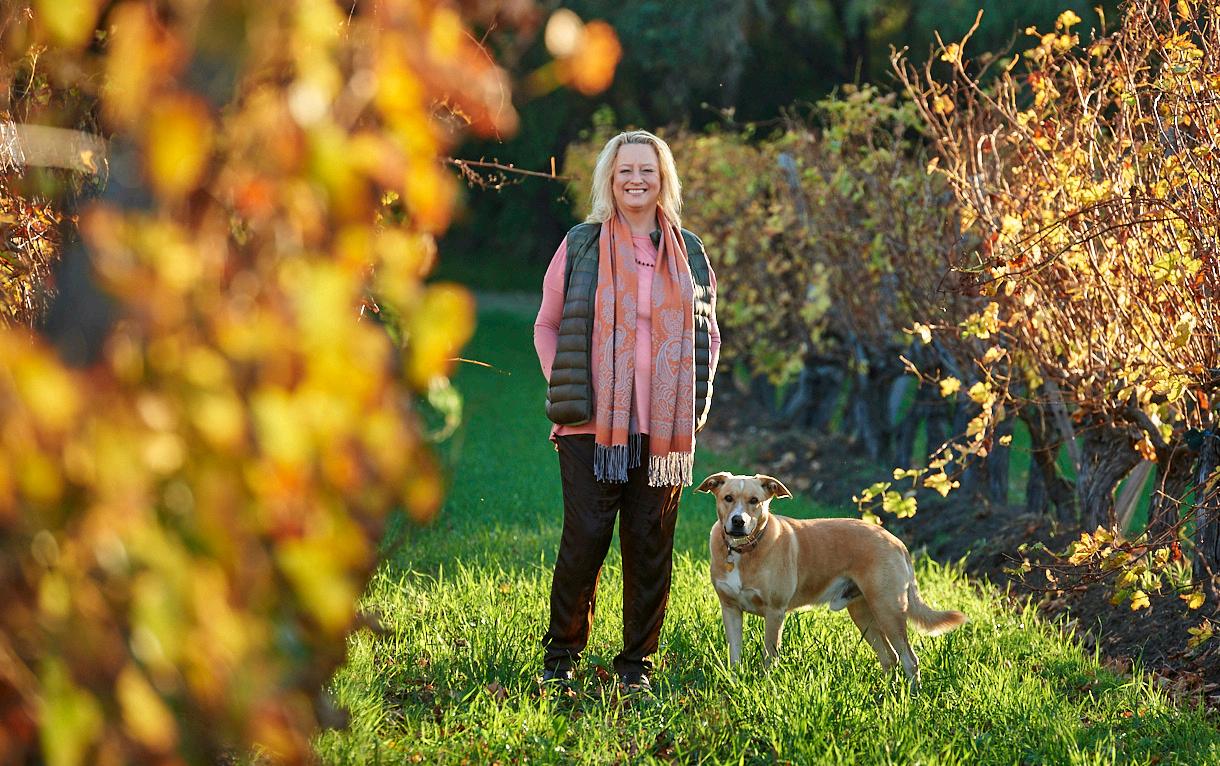
Vanya Cullen was named Winemaker of the Year at the 2020 Halliday Wine Companion Awards.
“That was acknowledgement of the whole Cullen Wines team not just of our wine, but also a nod of acceptance to organic production,” she said.
“Ultimately it’s scientifically understood that biodynamic is a better system. When there’s healthy microbiology in your soil, everything else just works.”
At the Margaret River vineyard and winery, regenerative agriculture is also working.
“Going from carbon neutral to carbon positive means our soils are sequestering more than our whole business emits which is quite a feat,” Vanya said.
“We’re averaging 75 tonnes of carbon dioxide being sequestered per hectare and that’s a really significant impact when you look at the crisis we’re facing globally.
“That’s what drives a lot of consumer buying now too – people don’t just want to know where their food comes from anymore, they want to know how it’s produced.”
Like Cullen Wines, Adams Australia is also celebrating a milestone year in 2021 – 20 years in business in Australia.
With a special focus on encouraging farmers to adopt organic farming methods and consider the benefits of becoming certified organic to support a cleaner and sustainable farming future, Adams Australia is part of US-based company Adams Groups’ strategic global supply chain.
Managing Director of Adams Australia, Ian Mack, said the business prides itself on the role the Toowoombabased company plays in the production and procurement of both conventional and organic grains, pulses, oilseed, and vegetable oils.
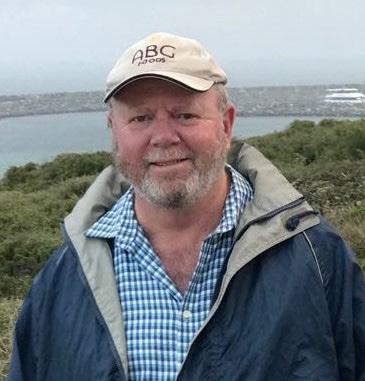
Managing Director of Adams Australia, Ian Mack, is also Chair of the Australian Organic Grain Advisory Committee.
“We’re always looking for new sources of supply to service our existing markets and those that are arising,” Ian said.
“Organic vegetable oil production was one of the emerging markets that we saw potential in a long time ago that continues to grow.
“In saying that, there’s still not enough tonnage in organics for the big corporates to get involved as they’re looking for high volume, low margin operations, and that’s what they’re good at – but we’d rather be good at sourcing and producing speciality ingredients that align with our environmental policies and standards.”
“For the Adams Group it was a natural progression into a specialty market, and over the last 20 years we’ve seen quite a maturation of the organic industry and now there’s more corporate activity and we’re seeing organic product in the mainstream – it’s a brand within the food supply retail market and rightfully so.
Ian Mack is also the Chair of the recently formed Australian Organic Grain Advisory Committee.
A voluntary group, the Committee has one clear objective – to increase certified organic grain production within Australia. “We’re tackling this with the help of producers who are already organic, alongside long-time growers with industry expertise, as well as agronomists and other industry representatives,” Ian said.
“As agronomy and science place more and more emphasis on soil health and microbiology the interest in growing organically increases and we want that interest to convert into action and help with the transition.
“There are grain growers who have been growing for more than 30 years and they’re getting equivalent and/or greater yields to many of the people who are farming conventionally.
“I think it’s always important to remember that long before chemicals were an option, organic farming was the original ‘conventional’ farming. There’s a lot to be said for getting back to basics – good soil equals good water equals good crops.”
